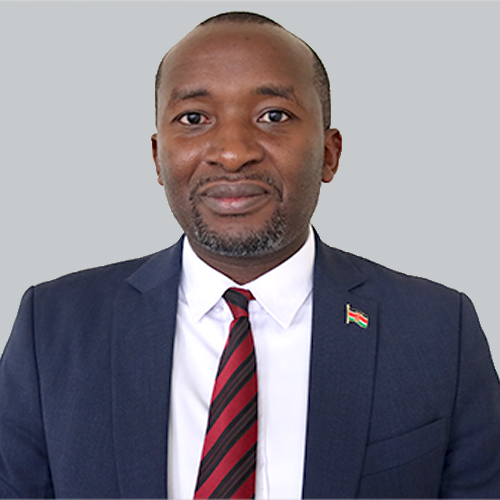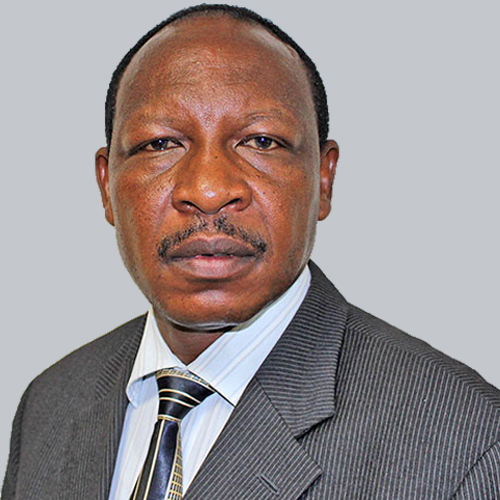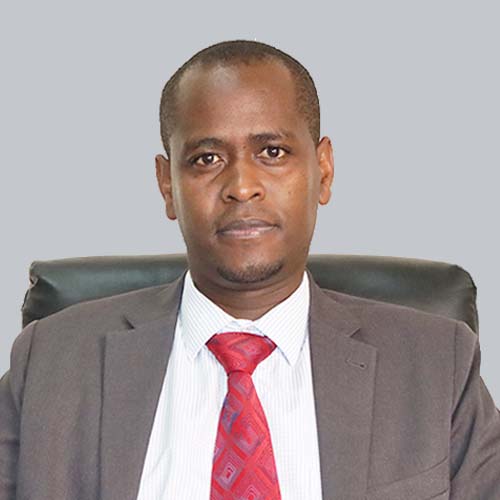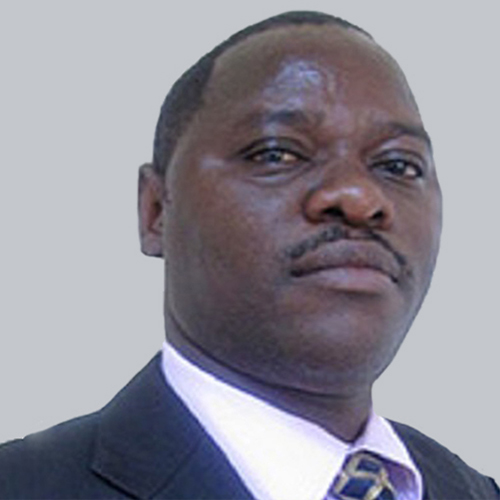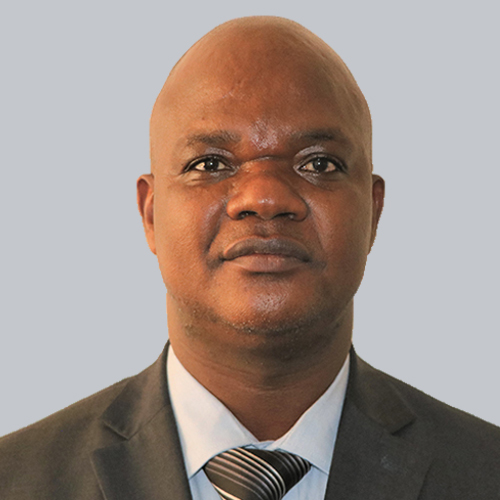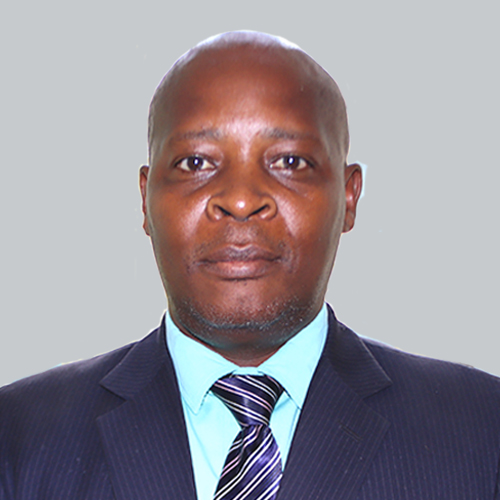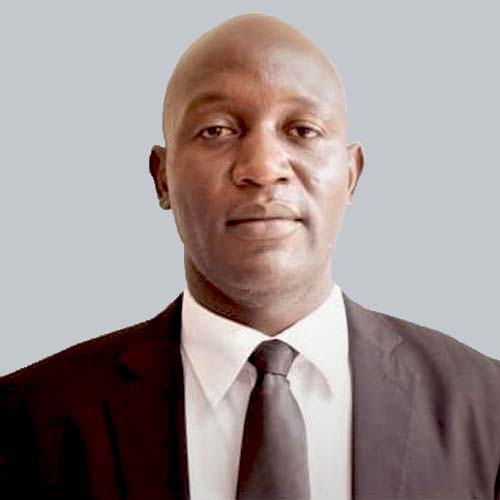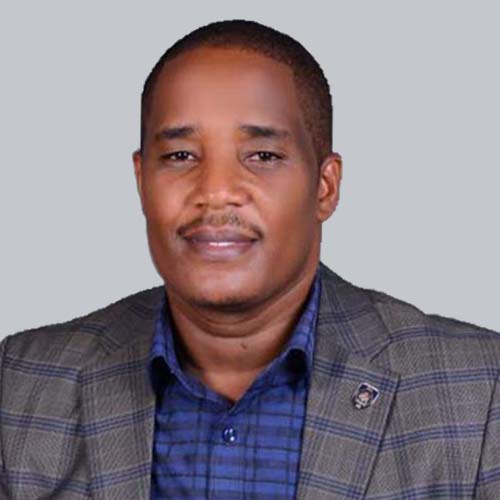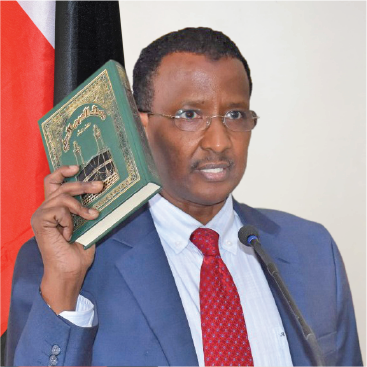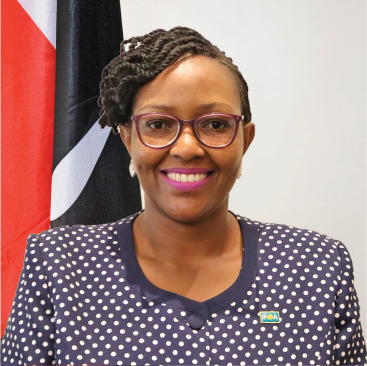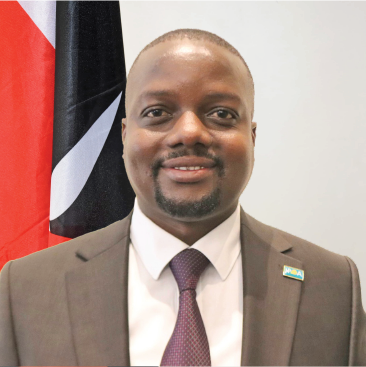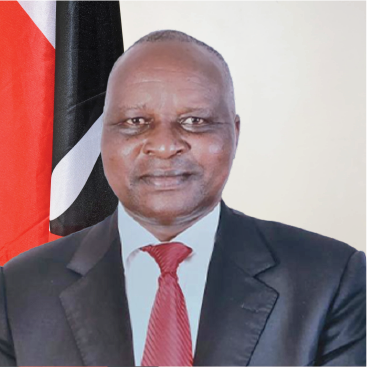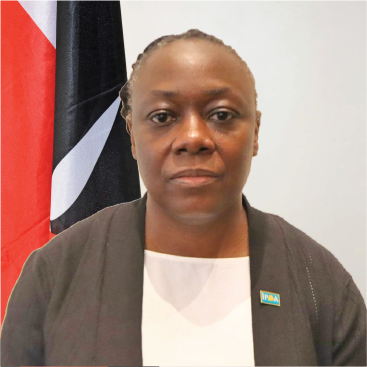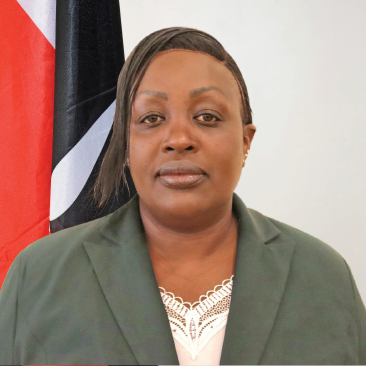FAQ
You can learn more from Frequent Asked Questions
IPOA’s functions and responsibilities are spelled out in Section 6 of the Independent Policing Oversight Authority Act.
Yes, police can record formal complaints with IPOA regarding misconduct by their colleagues or superiors.
Occasionally, the Authority receives complaints that are outside its jurisdiction or that can be resolved by others. These include complaints that do not specifically relate to National Police Service.
The National Police Service Commission (NPSC) is a constitutional body established under Article 246 of the Constitution. The NPSC shall recruit and appoint persons to hold or act in offices in the service, confirm appointments, and determine promotions and transfers within the National Police Service. The Inspector General (IG) is the overall commander of the National Police Service exercising independent control and management of the service. The IG is assisted by two deputies in-charge of the Kenya Police and the Administration Police.
IPOA has power to recommend prosecution and/or disciplinary action for an officer who is found to have violated the law or acted in a manner that brings disrepute to the National Police Service. IPOA may also recommend a change in processes or procedures of the National Police Service.
Priority is given to cases involving death and serious injury to determine if legitimate force was used or not. Complaints that are considered comparatively less serious in nature, such as rude behavior or improper procedure, may be forwarded to the Internal Affairs Unit of the National Police Service or to a responsible officer for appropriate action. In every case, effort will be made to resolve the issue and notify the complainant.
All complaints received are processed through the Complaints Management System. The most serious complaints are prioritized and investigated first. These include death and serious injury as a result of police action.
A complaint can be filed through a visit to IPOA offices, a telephone call, the website, a letter or email. You will be required to complete a form detailing the specifics of the complaint, any documentary evidence in your possession and your contact details.
The Authority investigates cases of death and serious injury that occur in police custody or as a result of police action.It also receives complaints on allegations of police misconduct, neglect of duty by the police and policing operations affecting members of the public.
Yes, individuals and organisations who have specific complaints regarding police action or conduct are free to make formal complaints to IPOA for investigation.
IPOA is not part of the National Police Service. It is an independent authority established under the Independent Policing Oversight Authority Act (No. 35 of 2011) to provide for civilian oversight over the work of the police in Kenya. Article 244 of the Constitution requires the police to strive for the highest levels of discipline and professionalism; promote and practice transparency and accountability in execution of their duties. Under the law, IPOA holds them accountable to this standard.





